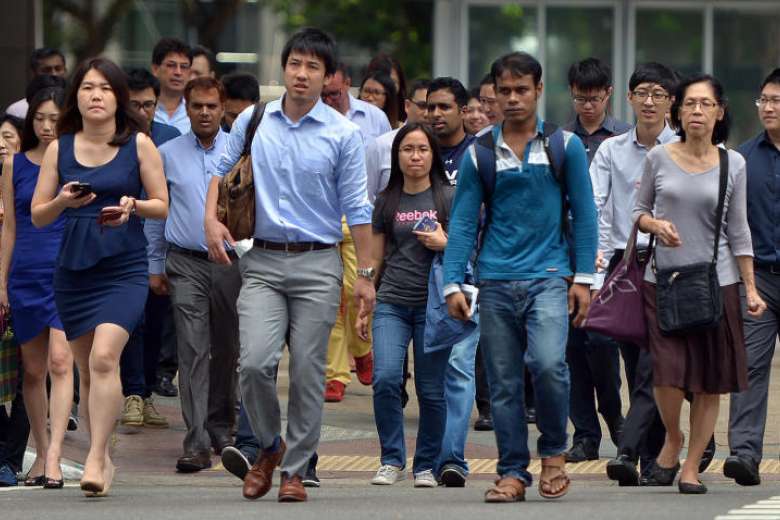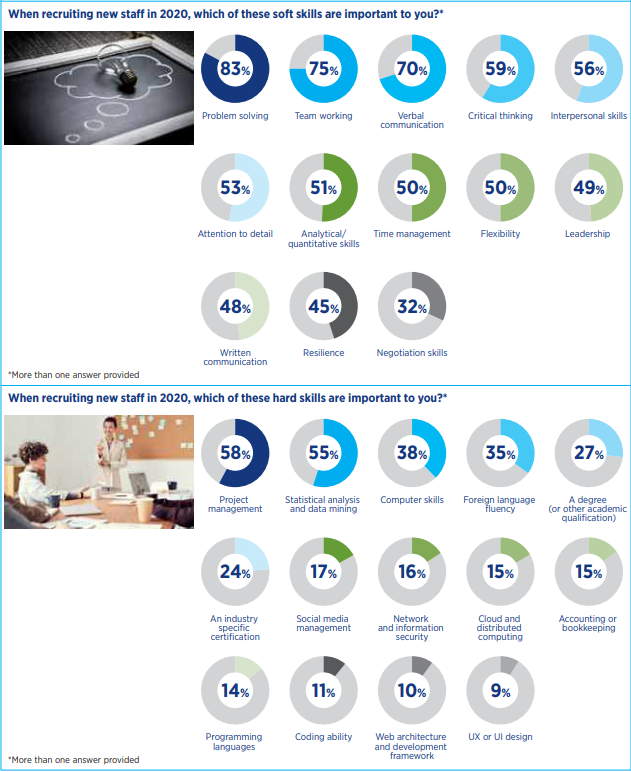If looking at your payslip every month doesn’t bring you joy, then you’re not alone in this. In fact, in Malaysia, employees are the unhappiest in Asia when it comes to their salaries.

According to a recent study done by recruitment firm Hays Asia, 46% of the 900 Malaysian employees revealed that they were either “dissatisfied” or “very dissatisfied” with their salaries – the highest percentage in Asia. But then, we knew this already right? The survey was conducted from August to October 2019 and had a total of 6,000 respondents across Asia including China, Hong Kong, Japan and Singapore.
“This is likely a compounding factor in high salary expectations from employees that differ from that of employers, creating the potential for mismatched salary expectations in 2020,” Hays Asia said. Meanwhile, 20% of Malaysian employers surveyed said that they did not expect their employees’ salaries to change at all.

Based on the study, Malaysia has the highest number of employees from Asia who asked for a pay raise, with 24% in 2019. Most of them were expecting salary increments of between 3% and 6%, while some expected to receive more than 10% increment.
Therefore, it should come as no surprise that Malaysians are the highest percentage of respondents (52%) to actively look for a new job because they are dissatisfied with their salaries. Employees are also on the lookout for new roles mainly because they are unhappy with their salaries (62%), looking for new challenges (48%) and lack of career progression (45%). Over the past four years, these have been the main reasons why employees want to leave the company.

Nevertheless, the study said that employees remain loyal to the company because of “work-life balance” (41%). Only 38% of Malaysian employees cited “salary or benefits package”, “work location” (37%) and “management style and company culture” (36%) as reasons for staying.
A surprising finding in the study revealed that Malaysians value “training and development opportunities” more than their other Asian counterparts. Hays Asia said that based on these findings, employers should think of other ways to retain employees other than paying them a higher salary.

Some of these suggestions include incentives like work-life balance, developing employees’ skills and minimising work location difficulties. For employees who are actively seeking for a job, Hays Asia said that they can look into upskilling. Generally, employers look for soft skills such as problem-solving, teamwork, and verbal communication. Hard skills such as project management, statistical analysis and data mining, and computer skills are important as well.
Perhaps this can help you the next time you are asking your boss for a raise or even an extra benefit!
Also read: Study: More Than Half of Malaysian Employees are Overworked and Suffer Sleep Deprivation










































